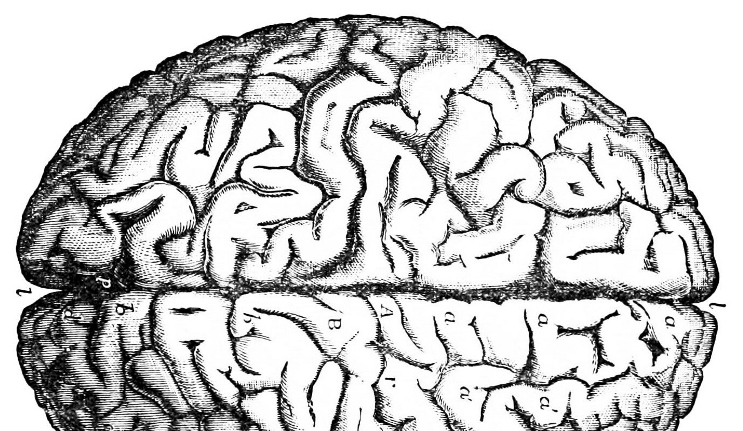
FEATURES
On cue
What does learning to ride a bike have to do with aircraft near misses or saving international students from drowning? Quite a lot for industries and businesses where sound judgement is critical for ensuring safe outcomes, according to Professor Mark Wiggins from the Department of Psychology.
“When we make judgements about situations, even complex ones, we rely on cues,” says Wiggins. “These cues are activated automatically and without much conscious thought, so they are very difficult to articulate. That’s why you can’t be taught how to do things like balance on a bike.”
Importantly for Wiggins, the use of cues signals the progression to expertise. “We thought if we could capture the use of cues, and then use it as a comparative measure, we could give people feedback. This is critically important when people are using cues to make judgements or diagnoses.
“Moreover, the capacity for skilled and efficient diagnosis is vital in many occupations, including medicine, air traffic control, software engineering, power system control, and even among sports coaches,” says Wiggins, who developed an online software tool that assesses different diagnostic skills and gives comparative feedback – the EXPERT Intensive Skills Evaluation (EXPERTise) tool.
“EXPERTise can be adapted to any context that relies on the use of diagnostic skills; however, our funded research is primarily in the area of electricity control, since it is an environment that has significant implications for the safety and security of the Australian public, and one that depends very heavily on the diagnostic skills of network controllers.”
Wiggins continues, “Our team has taken one concept and applied it to a whole range of environments. From recent research that revealed differences in performance that might explain why international students are over-represented in drownings, to a study that revealed the plan-continuation errors evident among some pilots, participants can own their own performance due to individualised feedback.”
Even better, organisations can now use this feedback to establish new training strategies, benchmark themselves against their industry, and even raise the standard for their industry as a whole. “It also potentially reduces the costs of training for organisations since it obviates the requirement to develop those skills that have already been mastered.”
It’s just like riding a bike – something you never forget.
Professor Mark Wiggins recently received an Excellence in Research award for his work in cue-based processing involved in interpreting and forming judgements in complex, time-constrained situations. A registered psychologist with an endorsed area of practice in organisational psychology, he is Deputy Director of the Centre for Elite Performance, Expertise and Training (CEPET); and Director of the Macquarie University Simulation Hub.